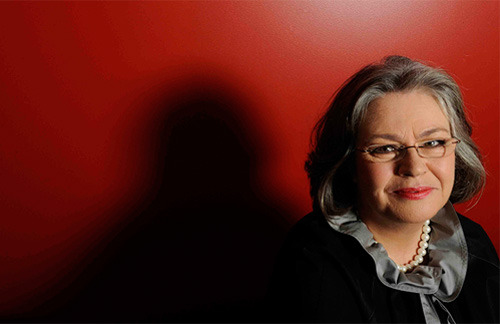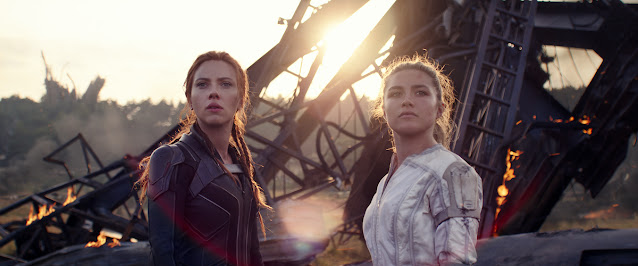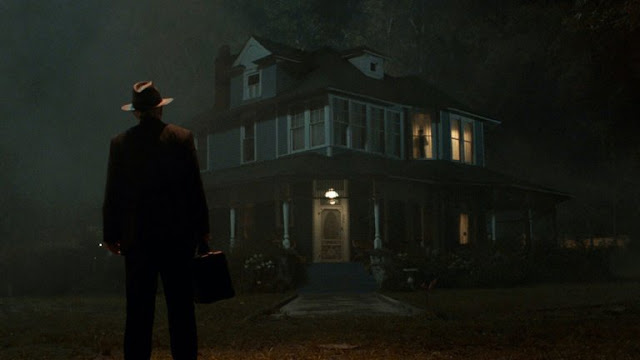Edge and Back’s interview with Posie Graeme-Evans

Posie Graeme-Evans is a bestselling author and awards winning director and producer. Most of you might know the television program “McLeod’s Daughters” she has produced and also her award winning books: “The Island House”, “The Innocent”, “The Exiled”, “The Dressmaker”. We are happy to bring to you an interview with a distinguished author.
1. Who is your favorite author and why?
It changes! I read really widely and all sorts and kinds of books – from novels (of course!), to biographies, history, travel; the list is endless. A couple of recent favourites would have to be Hilary Mantel for “Wolf Hall” and “Bring Up the Bodies, but I’m also very fond of Liza Piccard’s writing on English History, and also Alison Weir, are always inspiring. I could go on and on!
2. What was your inspiration for the novel “The Dressmaker”?
I had written a short story for my publishers, Simon and Schuster, for inclusion in an anthology that, in the end, didn’t go ahead. It’s called, “The Last to Know”. As these things do, the idea came out of the blue when I started to hear this girl’s voice in my head (sounds mad, I know : ) She turned out to be the major character in that short story – which was set in Victorian England. It’s not a time period that I’d thought of writing about before, but I as I wrote, I became more and more intrigued by the language, the fashion, the setting, the social customs… And, in the end, that short story gave me a way into thinking about the story that would become “The Dressmaker”.
Also, I was very interested to see if I could write in a different “voice” because I’ve been a long time admirer of the great Victorian Era novelistsi.e. Dickens, Dumas etc etc. It was a challenge to write something in that style and yet make sure that it would speak to contemporary readers. Mind you, I did find it difficult, technically, and the book took too much time to write as a result!
3. “McLeod’s Daughters” has had a huge success in Romania and is still broadcast on our TV channels. What was your main influence behind the family’s saga?
In Australia we’ve always had stories written and on TV around the experience of men living in the outback – Australia is, still (I think) a pretty male-dominated place. I just thought it was time to take a different approach and write about the very same myths but from the point of view of women. And, really, I was annoyed at how women were seen on TV. In America they used to say that there were three ages of women on Screen: Babe, mom and District attorney (and I would add, girlfriend.) We’re just sooooo much more than that, and that’s what I wanted to show. Plus I liked the idea anyway .
4.”The Island House” echoes the public fascination for the Viking history and has a feminist approach to a rather masculine Nordic society. What drew you to write about this fascinating world and to create such compelling characters?
I grew up wanting to be an archeologist (I think I was about 5 when I first thought about that!) However, I ended up going in a different direction (as you know : ) but, at University, I met a very inspiring teacher. He was the professor of English at Flinders University in South Australia, where I went, and his particular expertise was Medieval English Literature, and also Norse Literature.
I think it took me about 20 years after I left, however his influence permeates the first three books I wrote (which were set in Medieval England) and, then, “The Island House.” So many of my passions went in to that book! I adore the landscape of Scotland (and loved making the research trips there, and to Roskilde in Denmark – to see the Viking longships Museum), I’m fascinated by the nature of time – and wether there’s more to this life than we see in our everyday lives – and, finally, the Viking era was so extraordinary. Not hard to create characters with all that to play with!
5. Are you keeping in touch with the cast of “McLeod’s Daughters”?
Absolutely! We talk to each other form time to time on Facebook and I’m helping one of them – can’t say who – with a script she’s writing. Actors often make great writers – they have an instinct for dialogue, I think (of course!)
6. Would you call yourself a passionate about history? If so, which would be your favorite historical period?
No doubt about that. I’m just fascinated by human behavior and, somehow, writing about the past, helps me see things more clearly. By the way, I think they are us, and we are them; by that, I mean that human beings don’t seem to change very much over time. We just eat different food and wear different clothes. The drives and passions seem to be eternal. That’s always such great story material, especially when you have a story in two time frames, i.e. such as “The Island House”, but also the book I’m finishing now: “Frenchman’s River” (working title.)
As to favorite historical period, I’d say I’m still mining the period in England/Europe between 1,000 AD and around 1483 (that was the end of the Plantagenet era in England. The Tudors, though they’re fascinating, don’t interest me as much somehow).
7. Would you ever consider writing and producing a movie especially for Hollywood and the American public?
Certainly! But it would have to be the right story. Also, it’s tough to get projects to happen that are aimed at the US from the outside. In a way, a producer/writer is generally better off writing about the world they know. If it’s truthful, sometimes it breaks out and goes all around the world. McLeods is the perfect example of this.
8. Romania is world-wide known for its folklore and vampire culture,which seems to be very trendy at the moment. Would you be interested in travelling to Transylvania and writing a book based on our popular stories?
Of course! I’ve always, always loved myths and legends (my next book has a legend at its heart, though its set in the Borders of Scotland). Again, it’s all about finding the right material and falling love with the possibilities of the story. The closest I’ve come to your country is Prague – and I loved that. I was there one winter and the city was covered in snow. Glorious!
photo source: http://posiegraemeevans.net/



Comments
Post a Comment